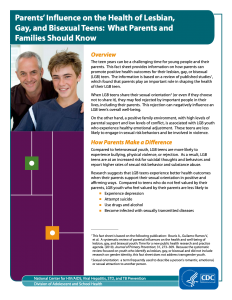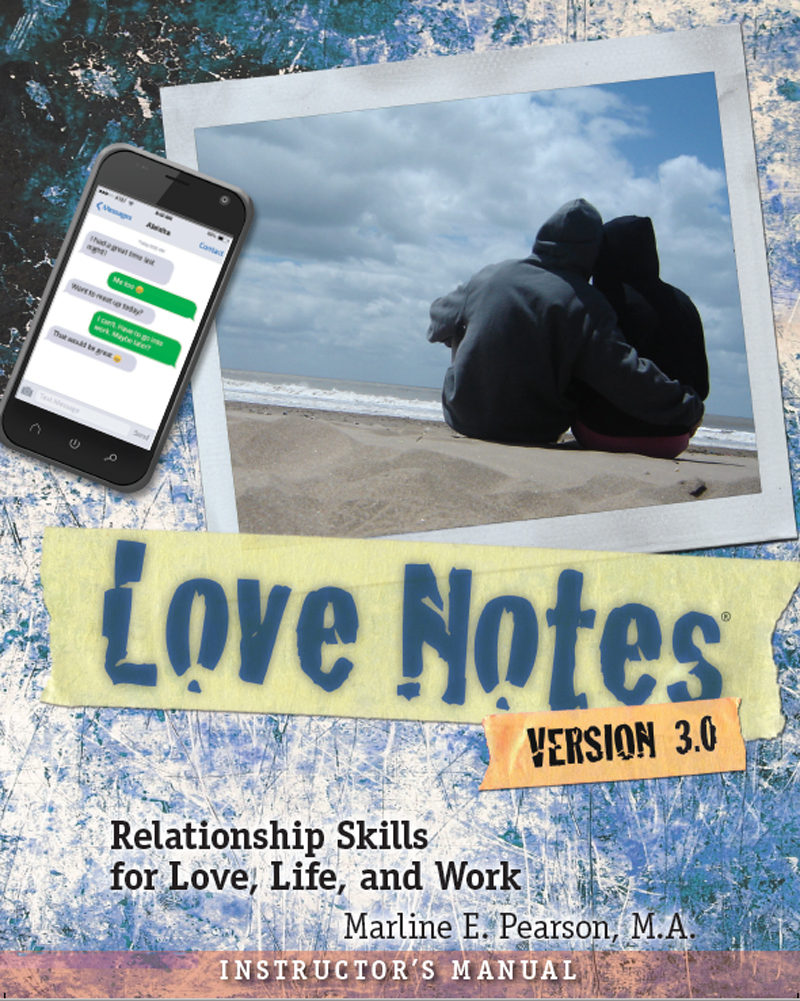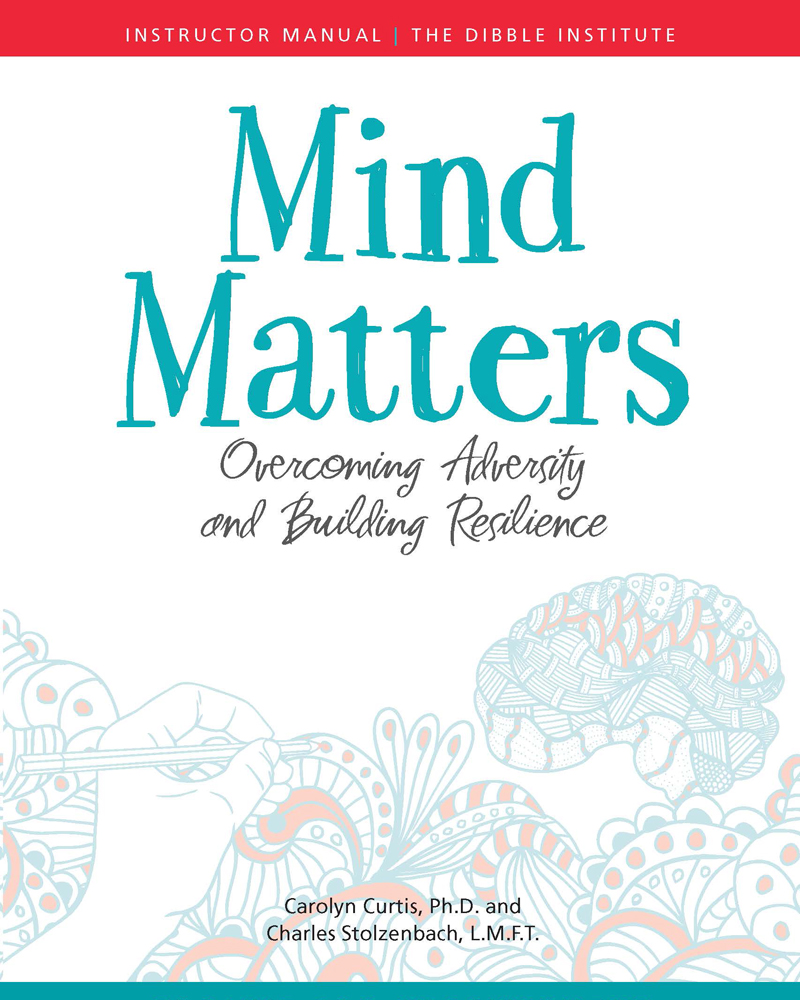“For LGBTQ students to thrive they need to feel socially, emotionally, and physically safe. A safe positive school environment has been associated with decreased depression, suicidal feelings, substance use, and absenteeism among LGBTQ youth.”
-Center for Disease Control
According to data from the 2015 national Youth Risk Behavior Survey (YRBS), of surveyed LGBTQ students:
- Threatened or injured with a weapon at school
- Bullied at School
- Bullied Electronically
- Experienced Sexual Dating violence
- Experienced Physical Dating Violence
- Forced to have sexual intercourse
Dibble Programs To Support LGBTQ Youth
Love Notes is on the HHS Office of Adolescent Health’s (OAH) list of Evidence-Based Teen Pregnancy Prevention Programs. In a federally funded, 5-year random control trial conducted by researchers at the University of Louisville, those participating in Love Notes were 46% less likely to have a pregnancy as compared to those in the control group. It also achieved four other outcomes: increased use of contraception and condoms, a greater number who remained abstinent, less recent sexual activity, and less frequency of sexual activity. These outcomes are especially impressive since the target audience for the study was vulnerable teens.
- 21% had been or were in out-of-home care
- 82% were low income
- 16.6% were LGBTQ
- 9.3% refugee
- 88% African American
Get the Love Notes Sample Lesson HERE!
Mind Matters: Overcoming Adversity and Building Resilience supports the healing process in young people who have experienced trauma. This research-based curriculum offers strategies to help teens and adults understand the effects of adversity and toxic stress, and teaches them skills to soothe and calm their mental and physical stress responses.
Get the Mind Matters Sample Lesson HERE!
School support
Schools interested in supporting their LGBTQ students can implement evidence-based programs to promote healthy relationships and environments for all of their students. Schools with LGBTQ support groups are less likely to experience violent threats, miss school, or attempt suicide than LGBTQ students without a support group. Creating healthy school environments for LGBTQ youth includes:
- Prohibiting bullying, harassment, and violence against all students to promote respect for each other.
- Teaching health programs with materials that include HIV, STD, and pregnancy prevention information.
- Creating and identifying safe counseling spaces.
- Promoting student clubs for a safe and inclusive school environment.
For Parents and Families of LGBTQ Youth
Talk together with your youth. Be supportive of them. Stay involved in their lives and interests.
Learn More by reading “Parents’ Influence on the Health of Lesbian, Gay, and Bisexual Teens: What Parents and Families Should Know.” (Courtesy of the CDC).


According to a recent report from Child Trends: Sad or Hopeless LGBTQ Teens
LGBTQ Teens Attempting Suicide



